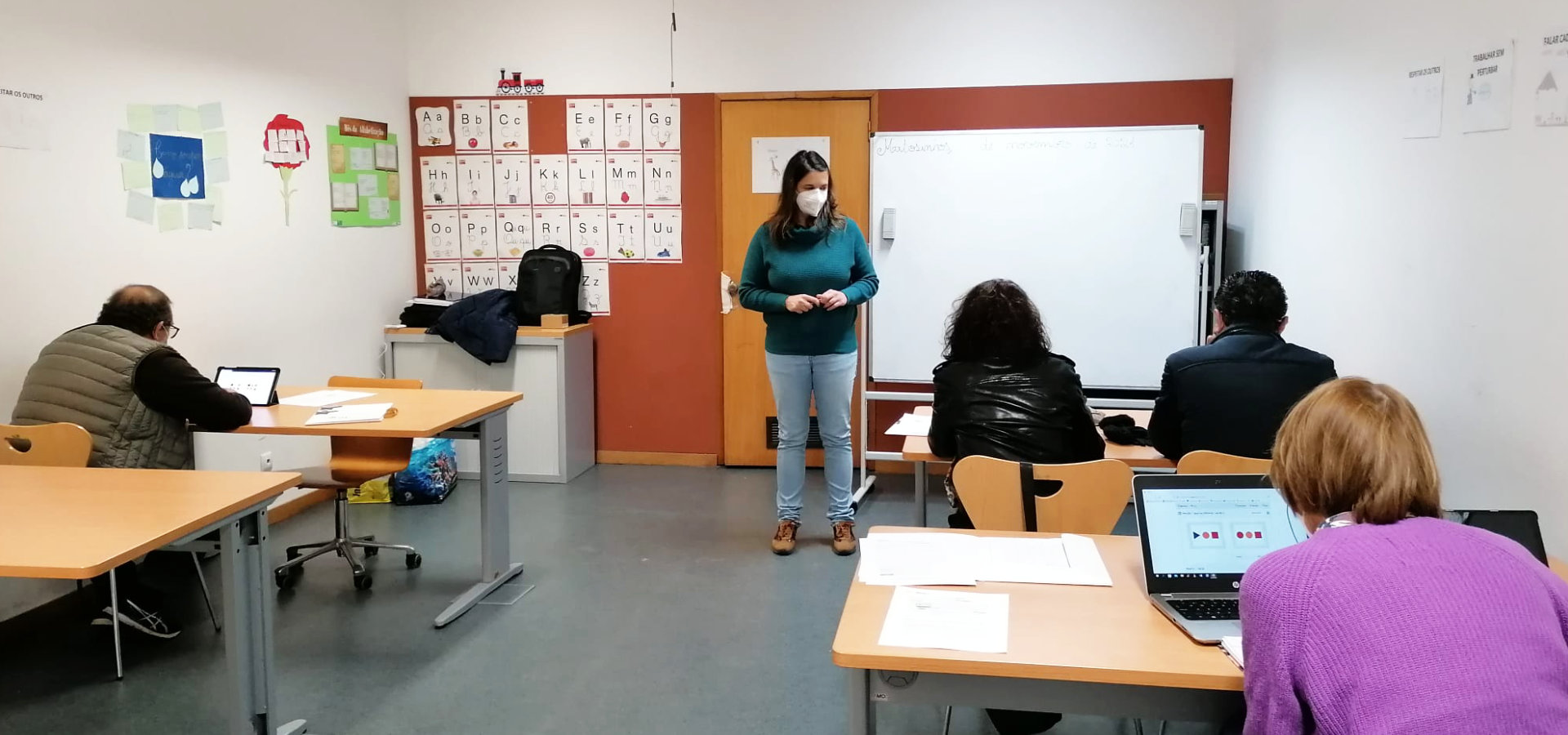The invitation to screen for cervical cancer through interventions such as sending short text messages (SMS), automatic calls and reminders contribute to increasing women’s adherence to organized screening and lowering the costs of the traditional invitation method – a letter sent by mail.
This is the conclusion of a PhD thesis, carried out by a researcher of the Instituto de Saúde Pública da Universidade do Porto (ISPUP), who tested a set of strategies to increase adherence to organized screening of this type of cancer.
Although it is one of the most preventable cancers, whether, through the administration of the human papillomavirus vaccine (HPV) or screening, cervical cancer remains the fourth most frequent cause of cancer in women, worldwide. In Portugal, adherence to organized screening is generally low, so it is important to think of strategies that increase the participation of women in the organized program, at a reduced cost.
In this sense, “we designed a set of low-cost, innovative and more adjusted to the present day strategies to increase women’s participation in organized cervical cancer screening. We wanted to compare the effectiveness of these interventions with the method traditionally used, both in Portugal and in other European countries, which is the letter by mail”, explains Firmino Machado, the first author of the paper, coordinated by the ISPUP researcher Nuno Lunet.
The strategies, with an increasing degree of personalization and cost, were tested with healthcare users belonging to the areas of Porto and Vila Real, but could be perfectly implemented throughout the country.
In the first phase, a 100% automatic and easy-to-implement strategy was tested, in which SMS, automatic calls and reminders were sent to women eligible for screening for cervical cancer, to join the organized program.
“Compared to the traditional letter-invitation model, where the response rate was 25.7%, this intervention increased users’ adherence to approximately 40%. That is, there was a gain of about 14%. Moreover, it was possible to reduce the cost per invitation of 80 cents (the price of mailing each letter) to less than one cent. We have thus increased effectiveness and reduced costs“, says the researcher.
After this first intervention, a second one was implemented, aimed at women who did not adhere to screening after being contacted in the first phase. A strategy of manual calls was adopted by clinical secretaries, in which these professionals called women, seeking to motivate them to adhere to screening.
There was again an increase in program adherence. It went from 40%, achieved with the previous strategy, to 49%, which represents a gain of almost 10%. Although this intervention was more expensive than mailing each letter (87 vs 80 cents, respectively), it turned out to be cost-effective, since there was a significant rise in participation.
According to Firmino Machado, “this strategy is interesting, probably for women with less digital literacy and who are not accustomed to interacting with the mobile phone, either through messages or answering interactive calls”.
Finally, and for those users who had not yet adhered to screening, through the previous strategies, a face-to-face interview with the family doctor was scheduled, in order to try to understand the barriers that led women to not join the program, trying to overcome those barriers using predefined arguments. This action, despite achieving an additional increase in adherence when combined with previous strategies, entails a very substantial cost and was not considered to be cost-effective.
“This study showed that there are strategies that are cheaper and more effective to increase adherence to cervical cancer screening, and that should be implemented in Portugal and even in other European countries that still use the letter invitation model. The first two interventions are clearly cost-effective and bring gains both to the National Health Service and to the users. We are talking about the use of an inviting strategy, which is technological and that is closer to the means of communication used today, and that has never been tested until now”, he adds.
For the researcher, the study “manages to inform the political decision-maker properly. It has been shown that interventions that increase adherence to the screening program can be implemented in a responsible manner and that guarantees the sustainability of screening for cervical cancer in particular”.
The PhD thesis is entitled Reshaping organized cervical cancer screening: strategies to increase the adherence and reduce invitation costs and was developed within the Doctoral Program in Public Health, University of Porto.



